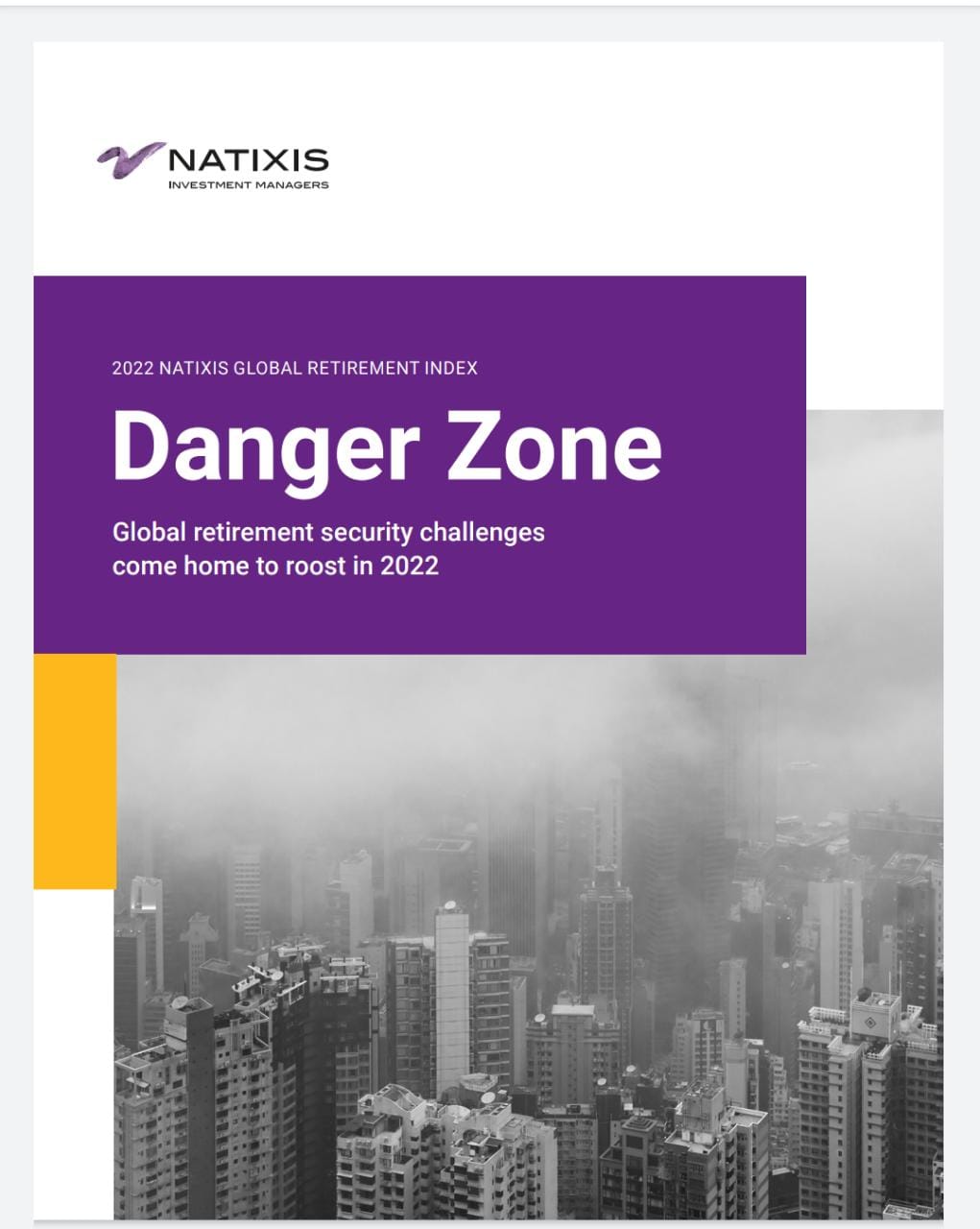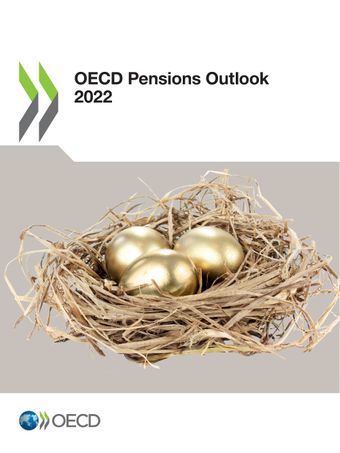El Mercado Laboral y el Sistema de Pensiones: Evidencia de Chile
Por Alejandro Astudillo Jiménez & Dabor Olate López En el cambio de la política pública previsional de Chile llevado a cabo en 1980, que lo convirtió en el primer país con un sistema de pensiones privado, para la estimación de la tasa de reemplazo se utilizaron supuestos rígidos para evaluar el comportamiento del mercado laboral, los cuales se han mantenido pese a las reformas realizadas desde el año 2000. Esta investigación evidencia un desacople inmediato de la realidad laboral chilena de...










